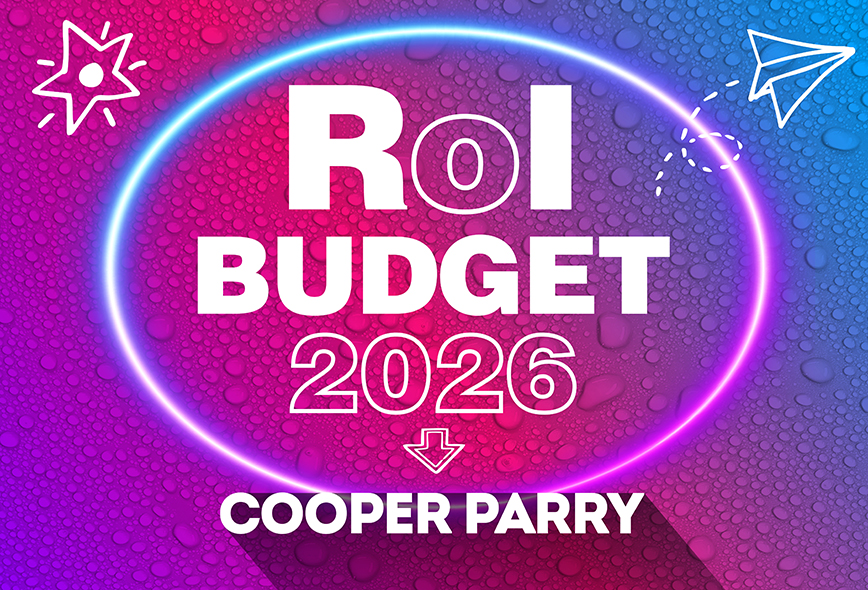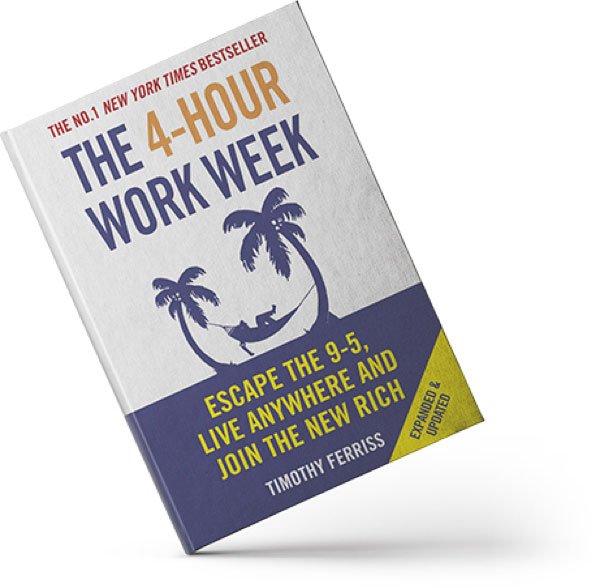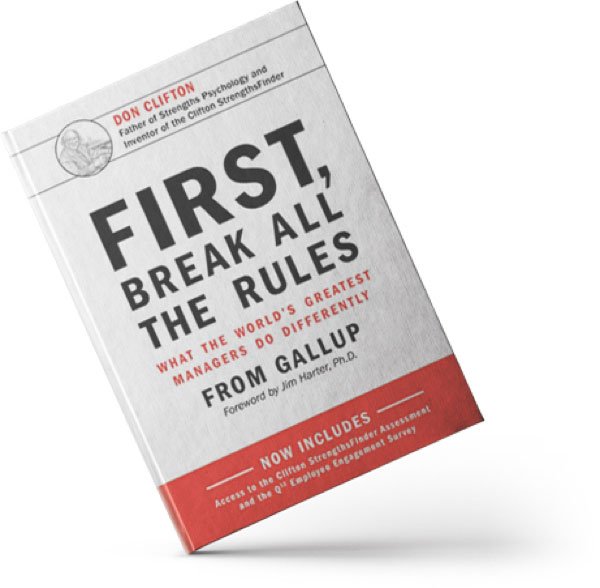Ireland’s Budget 2026 landed today with a clear message: Ireland is open for business.
The announcements offered help for individuals who needed it, targeted support for business, and a strong push to stimulate housing and innovation.
While personal tax thresholds remain unchanged, the Government has introduced a suite of measures aimed at boosting construction, easing energy costs, and encouraging entrepreneurial and R&D activity.
For businesses operating in Ireland – or considering it – this Budget signals continuity on corporation tax, but with meaningful incentives in key sectors.
Below, you’ll find a brief breakdown of the headline measures introduced by Finance Minister Paschal Donohoe and Public Expenditure Minister Jack Chambers today.
Want to dive deeper into the detail? We’ve compiled a full breakdown of the changes introduced in Ireland’s Budget 2026 here.
KEY HIGHLIGHTS FROM IRELAND’S BUDGET 2026
- National Minimum Wage increase
The National Minimum Wage will increase by 65 cents to €14.15 per hour from 1 January 2026.
- No change to personal taxes
Income tax bands and credits remain untouched, offering predictability for individuals and employers alike.
- Corporation tax rate remains at 12.5%
Ireland’s long-standing corporate tax rate continues to hold firm, maintaining its appeal for international investment.
- VAT cut for hospitality and personal services
From 1 July 2026, the VAT rate for food, catering and hairdressing services will drop from 13.5% to 9% – a welcome boost for consumer-facing businesses.
- VAT reduction for new build apartments
Effective 8 October 2025 to 31 December 2030, the VAT rate on new build apartments will fall from 13.5% to 9%, aimed at accelerating housing supply.
- Enhanced corporation tax deduction for apartment construction
Developers can now claim a 125% deduction on qualifying construction costs (up to €50,000 per unit), delivering a net tax saving of up to €6,250 per apartment. This applies to projects with commencement notices from 8 October 2025 to 31 December 2030.
- 9% VAT rate for gas and electricity extended
The reduced VAT rate will remain in place until December 2030, helping households and businesses manage energy costs.
- Revised Entrepreneur Relief expanded
From 1 January 2026, the lifetime limit increases from €1 million to €1.5 million, enhancing the incentive for business owners to invest and grow.
- R&D Tax Credit increased
The R&D tax credit rate rises from 30% to 35%, strengthening Ireland’s position as a hub for innovation and high-value investment.
BUDGET 2026: WHAT DO THESE CHANGES MEAN FOR YOU?
Whether you’re a business owner, investor or developer, Budget 2026 offers a mix of certainty and opportunity.
The focus on housing, energy and innovation reflects the Government’s intent to future-proof the economy while supporting key sectors through targeted reliefs.
If you’d like to understand how these changes could impact your business or investment plans, the Cooper Parry Tax team is here to help.






















